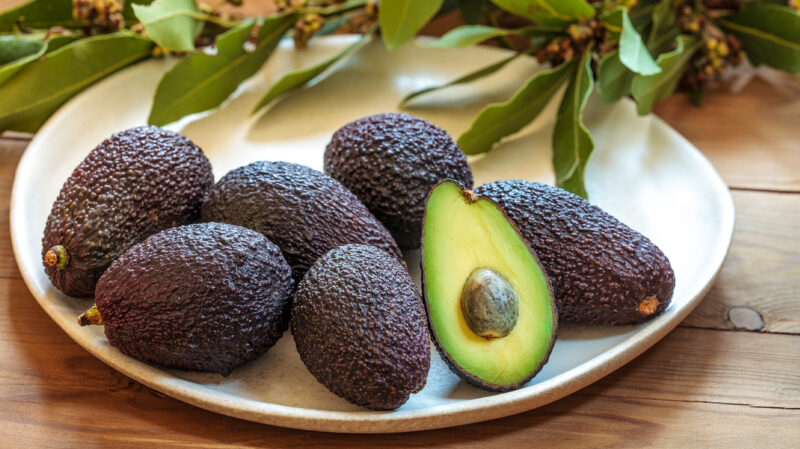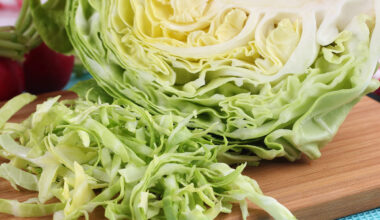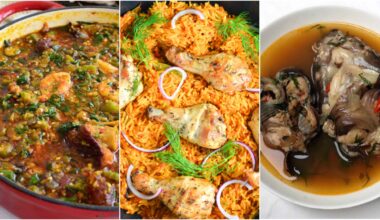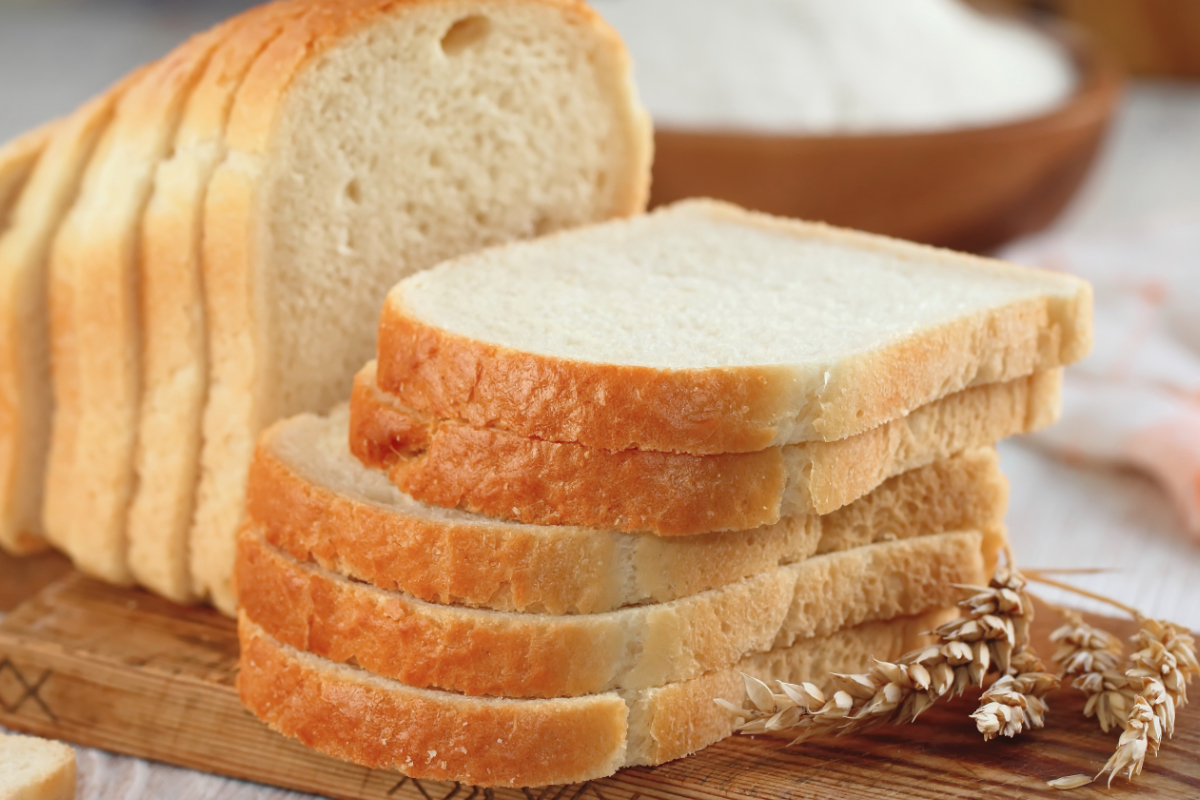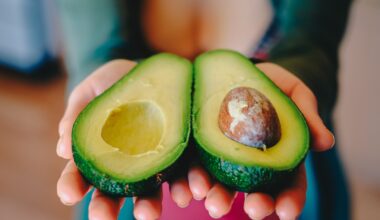You know that pregnancy is a beautiful and miraculous thing, but it can also be challenging. That’s why we’ve compiled this list of foods that have been scientifically proven to boost fertility in women:
1. Avocados
Avocados are rich in folic acid, which is essential for the production of new cells and DNA. Folic acid helps prevent birth defects by preventing neural tube defects (abnormalities that form during embryonic development). A diet high in folate can also help to improve fertility by increasing sperm motility (the ability of an ejaculate to move forward). Folate also helps regulate ovulation cycles and thicken cervical mucus, which makes conception more likely.
Avocados contain potassium, another mineral that’s important for a healthy reproductive system: it helps regulate blood pressure, lubricates joints and muscles so they work better; helps maintain proper electrolyte balance; supports nerve transmission throughout the body; increases muscle strength and endurance (so you’re less likely than someone who doesn’t get enough potassium).
2. Garlic
Garlic is a powerful antioxidant and has been used for centuries to boost fertility. A natural antibiotic, it can help fight infections and improve overall health. In addition to its antibiotic properties, garlic contains high levels of allicin which helps regulate hormone production in both men and women.
Garlic also contains vitamin C which is essential for cell growth as well as collagen formation (which is important for maintaining skin elasticity). This makes it an excellent food choice if you are trying to conceive!
3. Walnuts
Walnuts are a great source of omega-3 fatty acids, which help support fertility. They’re also an excellent source of protein, fiber and antioxidants.
Walnuts can help regulate blood sugar levels by reducing insulin resistance in women with PCOS. The high caloric content (roughly 1,000 calories per ounce) makes it important to watch your portion size when eating walnuts—they could be contributing unwanted pounds if you aren’t careful!
4. Spinach
Spinach is a rich source of folate, which is essential for proper cell division and development. It also contains vitamin A (which helps produce sperm), beta carotene and other antioxidants that protect against cancer.
5. Sweet potatoes
Sweet potatoes are a great source of beta-carotene, which is important for fertility. Beta-carotene is converted into vitamin A in the body and helps with immunity, skin health and vision. Sweet potatoes are also rich in potassium (a mineral needed for heart health) as well as fiber.
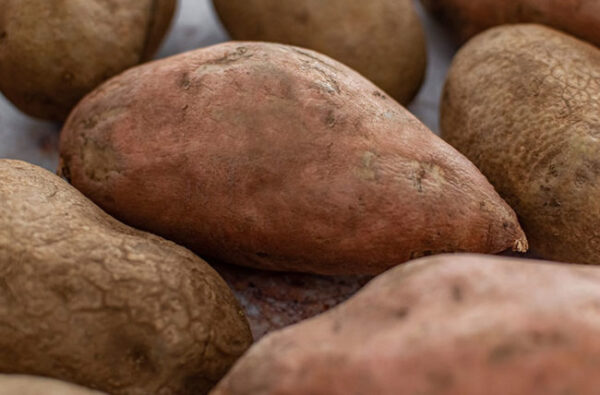
6. Asparagus
Asparagus is a good source of folic acid, which is essential for conception. It’s also high in vitamins A and C, which are good for general health. Asparagus can help to boost the immune system and may have some other benefits as well.
If you’re looking to boost fertility, these foods are a good place to start. They can help increase your immune system and lower your chances of getting sick. Plus, they’re packed with nutrients like folate, zinc, iron, potassium and more!
Asparagus may be particularly helpful if you’re trying to conceive because it provides antioxidants that can reduce oxidative stress—which could be linked with fertility problems in women or men.
7. Whole grains
Whole grains are rich in vitamins, minerals and fiber. They can help lower blood sugar levels, which is a good thing if you’re trying to get pregnant.
Whole grains contain compounds that may help reduce the risk of heart disease and cancer. Whole wheat is also a good source of B vitamins such as thiamin (vitamin B1), niacin (also known as vitamin B3) and riboflavin (vitamin B2). Both the FDA and WHO recommend eating five servings per day for women who want to conceive or carry their baby safely through pregnancy.
8. Salmon
Salmon is a rich source of omega-3 fatty acids, which are important for fertility and pregnancy. Omega-3 fatty acids help maintain normal blood clotting, improve heart health, prevent inflammation in the body and protect brain cells from developing Alzheimer’s disease. Omega-3s are also thought to reduce the risk of depression during pregnancy by regulating hormonal levels while also stimulating production of proteins that help prevent infections during gestation.
The best way to get these antioxidants into your diet? Eat salmon!
9. Beef liver
Beef liver is high in iron, vitamin B12 and zinc. It also contains protein, riboflavin (vitamin B2), selenium and copper.
Beef liver is a good source of protein because it contains about 6 grams per ounce or about 25% of the recommended daily intake for adults. The high level of iron found in beef liver may help with ovulation by helping to make more red blood cells that carry oxygen throughout your body while you’re getting ready to conceive!
10. Dark chocolate or cocoa powder (in moderation!)
Cocoa beans are high in antioxidants, which help reduce the risk of heart disease and stroke. Dark chocolate also contains flavonoids and polyphenols that may be beneficial for fertility. The University of Maryland Medical Center recommends a daily dose of one ounce of dark chocolate per day as part of its fertility diet plan, but be sure to limit your intake if you’re trying to conceive because it can increase blood pressure levels.
Conclusion
If you’re looking to boost fertility, these foods are a good place to start. They can help increase your immune system and lower your chances of getting sick. Plus, they’re packed with nutrients like folate, zinc, iron, potassium and more!
